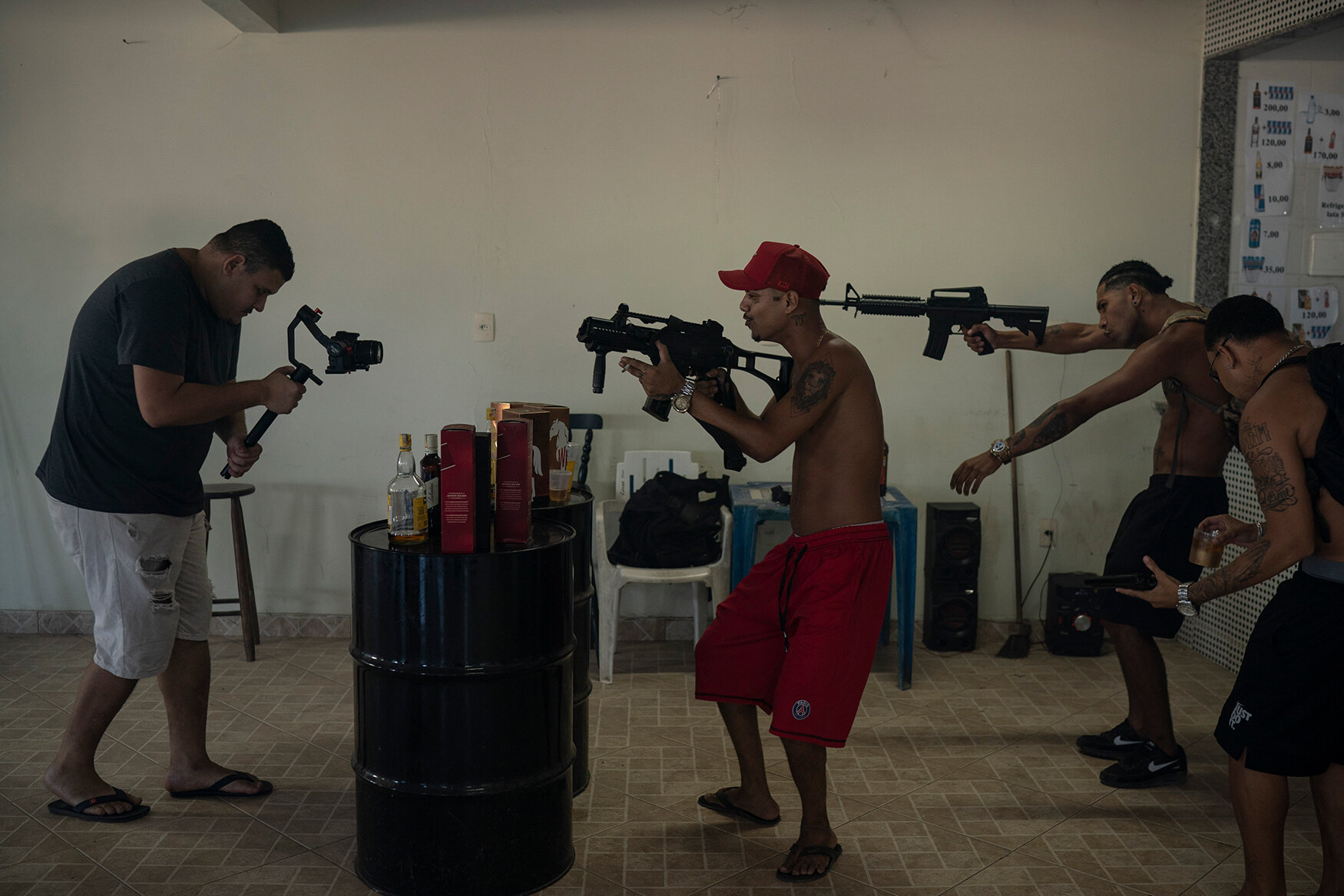Brazil's virus despair stretches from Rio to Amazon

In a poor working class Manaus neighborhood, 86-year-old Raimundo Costa do Nascimento died of pneumonia at his home surrounded by family members and was pictured with eight of them as he lay dead in bed.
They had to wait 10 hours for his body to be retrieved.
From the Amazon city of Manaus to the seemingly endless urban sprawl of Sao Paulo and Rio de Janeiro, freshly dug graves have been filling up quickly for weeks with the bodies of Brazilians killed by COVID-19.
Deaths from the coronavirus hit some cities so hard starting last month that officials were unprepared for the crush of bodies even though regional governments imposed measures aimed at halting the spread of the virus.
The city’s hospitals are close to capacity and health workers complain that they don’t have enough essential drugs to treat patients. Some workers had to buy their own protective gear at the public hospital where Taina dos Santos’ 56-year-old mother worked as a nursing assistant — until she died of the coronavirus late last month.
As gravediggers outfitted in white hooded suits stood holding their shovels at a hillside cemetery, dos Santos said goodbye to her mother’s casket.
“She gave everything to her job until the very end,” dos Santos said.
In Sao Paulo, an AP photographer captured an image a month ago of hundreds of newly dug grave sites that Bolsonaro called “fake news” and “sensationalism.” When the photographer visited again last week, the graves were filled along with dozens of new ones.
Bolsonaro, who has repeatedly calling COVID-19 “a little flu” and refused to wear a mask at his public events, has been criticized by protesters who lean from their apartment windows to bang pots and pans. He was pictured on graffiti on a Rio wall wearing a mask with the word “coward” on it, covering his eyes.
As the toll rose, Associated Press photographers and video journalists fanned out across Latin America’s largest and most populous country to capture the agony experienced by regular Brazilians — at cemeteries, at hospitals and at a prison with rioting inmates, as well as at religious ceremonies and inside the homes of grieving relatives.
They spent days traversing the narrow alleys of Brazil’s teeming slums, or favelas, where more than 11 million of the country’s 211 million people live in cramped conditions that experts fear could be decimated by virus outbreaks.
In one Rio favela, 31-year-old manicurist Leticia Machado and her husband, who does odd jobs, haven’t had work since business restrictions were imposed in the city. They’re relying on food donations from neighbors and a nearby cultural center to feed their seven children.
A city worker disinfects an area of the Rocinha favela in an effort to curb the spread of the new coronavirus, in Rio de Janeiro, Brazil, April 9, 2020. (AP Photo/Silvia Izquierdo)
Medical personnel interview commuters, checking to see if they have symptoms of the novel coronavirus, in Guarulhos, on the outskirts of Sao Paulo, Brazil, March 30, 2020. (AP Photo/Andre Penner)
Bolsonaro, now famed for repeatedly calling COVID-19 “a little flu” and refusing to wear masks at his public events, has been criticized by protesters who lean from their apartment windows to bang pots and pans.
In Manaus, a city of 2.2 million in the vast Amazon region, the death surge was so extreme that trenches for common graves were dug in one cemetery and caskets were piled atop each other. Some who wanted burials for loved ones opted for cremation instead.
Text from the AP news story Brazil virus despair stretches from Rio to Amazon by Alan Clendenning and Diarlei Rodrigues
























